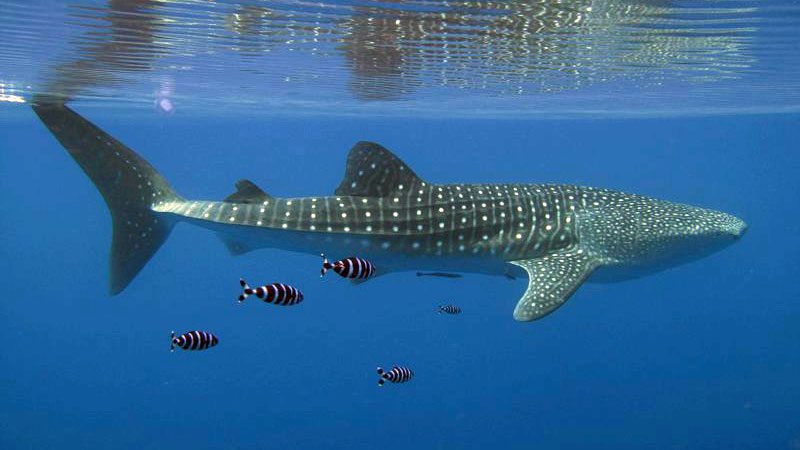
WHOI Senior scientist and Director of the Ocean Life Institute Simon Thorrold was tagging whale sharks in the Red Sea with the support of King Abdullah University of Science and Technology (KAUST) and reporting back via Facebook. On April 1, Thorrold sent this photo and wrote: "One of the sharks from yesterday was considerably further offshore than we normally see them and in some beautiful blue water that made for a good photo op. This shark also got a GPS tag so we will wait anxiously to see if we hear from the tag in the next few days." (Photo by Simon Thorrold, Woods Hole Oceanographic Institution)
Every drop of ocean water holds living things.
Across Earth's history, the ocean has nurtured nearly every form of life that has ever existed. Immerse yourself in the diverse ecosystems around coral reefs, the surprising homes of marine microbes, the migrations of giant marine mammals, and the clues embedded in Environmental DNA.
All Topics on Ocean Life
Corals
Many people think of coral as hard, rock-like formations that attract abundant, diverse marine life. In fact, corals are tiny marine animals called polyps that live together in colonies.
Ecosystems
Ocean ecosystems are found in polar regions, coastal waters, coral reefs, hydrothermal vents, the abyssal plain, and at the bottom of the sea.
Environmental DNA (eDNA)
Environmental DNA (eDNA) is essentially DNA collected from the environment. As animals swim through the ocean, they're constantly releasing DNA as they shed skin or scales into the water column.
Jellyfish & Other Zooplankton
These animals live all or part of their life suspended and drifting in fresh or salt water, rarely come in contact with hard surfaces.
Marine Mammals
Marine mammals are warm-blooded vertebrates that bear live young and nourish them with milk as land mammals do, but that spend most or all of their lives in the ocean.
Marine Microbes
Microbial life can be found throughout the ocean, from rocks and sediments beneath the seafloor, across the vast stretches of open water, to intertidal and surf zones.
Ocean Plants
Ocean plants are critical to marine life—they are an important food source, they provide oxygen to surrounding marine life, and they supply refuge and nursery grounds.
Seabirds
Seabirds have adapted to life in an ocean environment. There are many species of seabirds, and they vary greatly in behavior and physiology
Sharks & Other Fish
Fish serve important ecological and economic functions. Ecologically, they are both predator and prey, providing food for other animals, and serve to keep the numbers of prey species in check, many of which could destroy important ecosystems such as coral reefs and mangroves if their numbers are allowed to grow.
Shellfish
An aquatic animal, such as a mollusk or crustacean, that has a shell or shell-like exoskeleton.

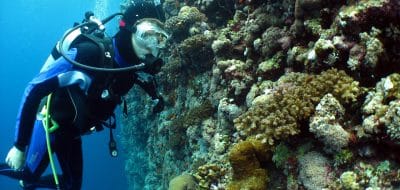
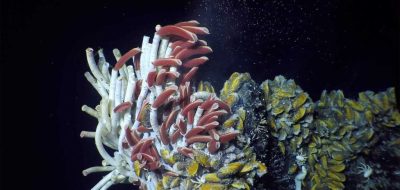
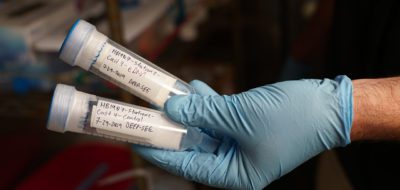
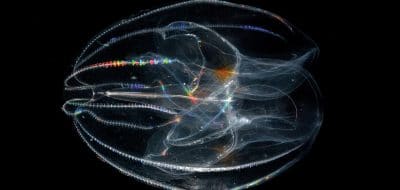
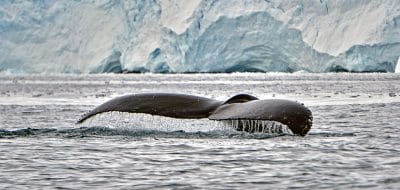
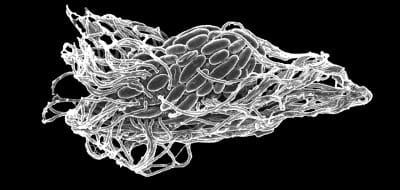
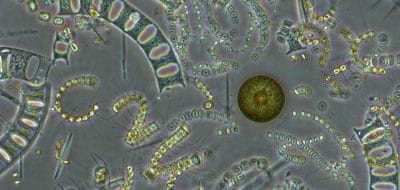

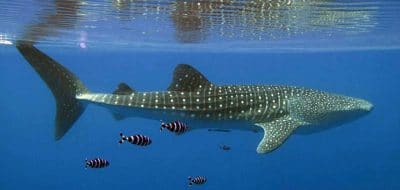
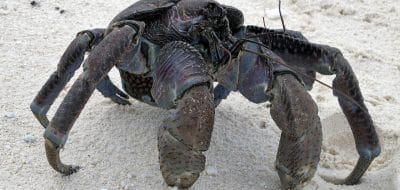
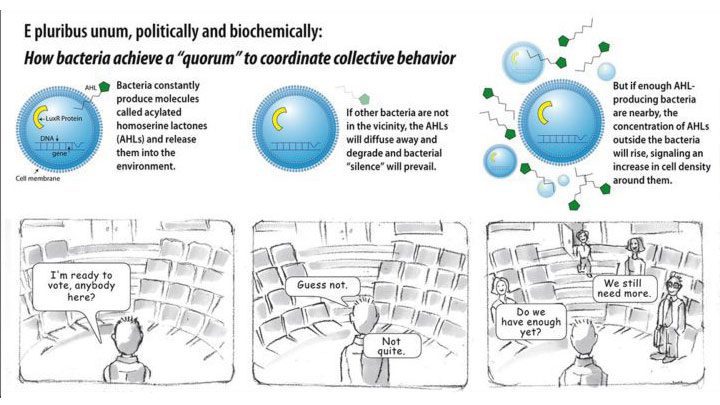
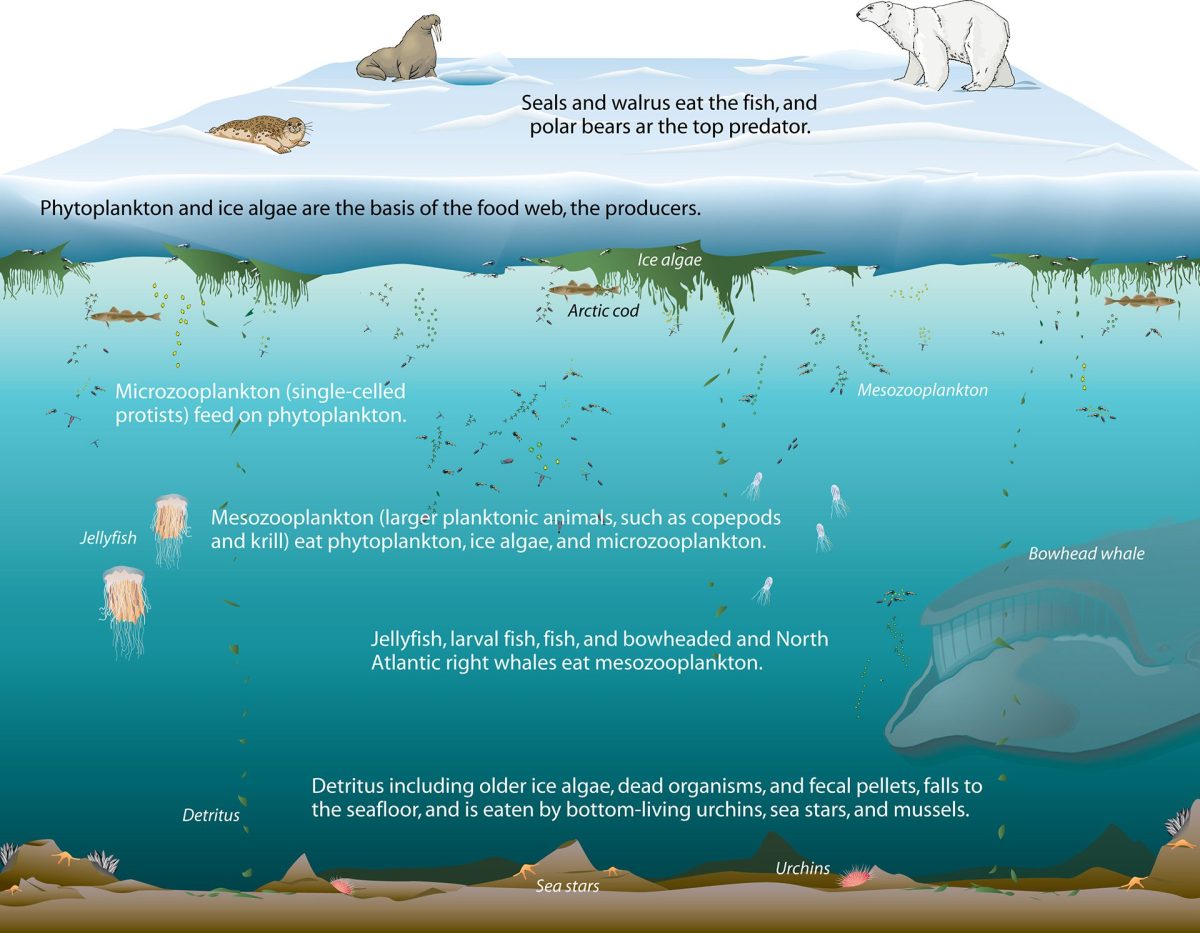
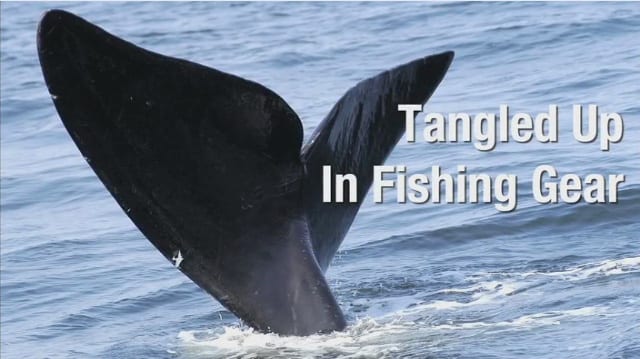
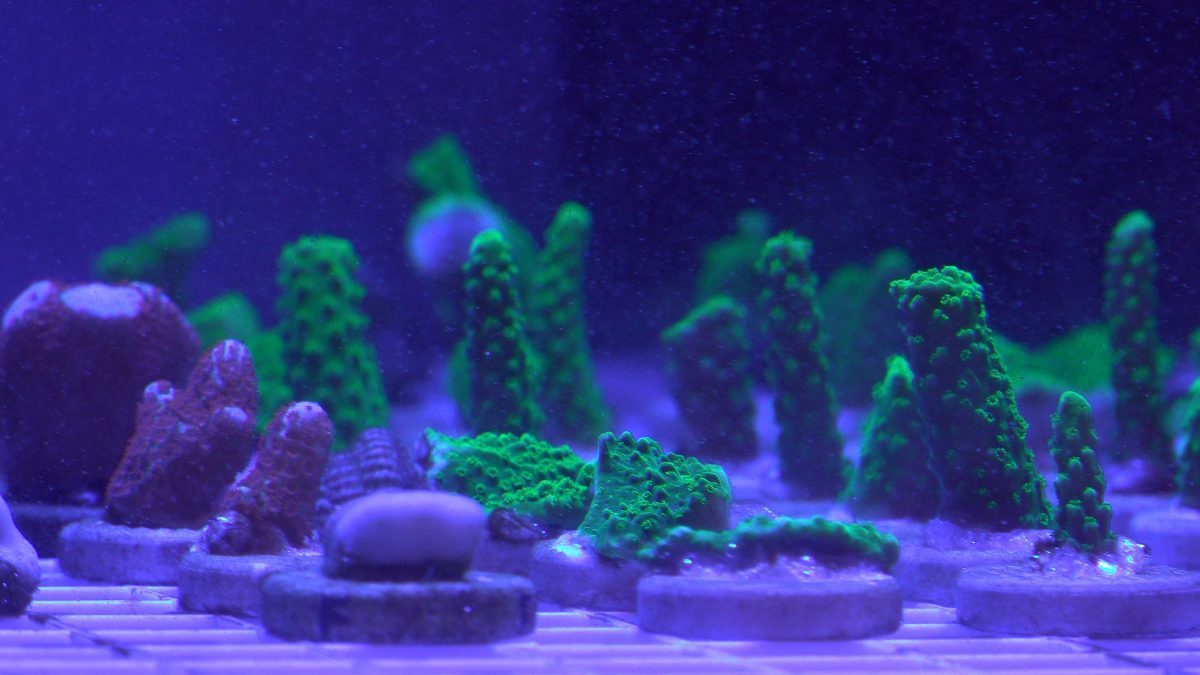
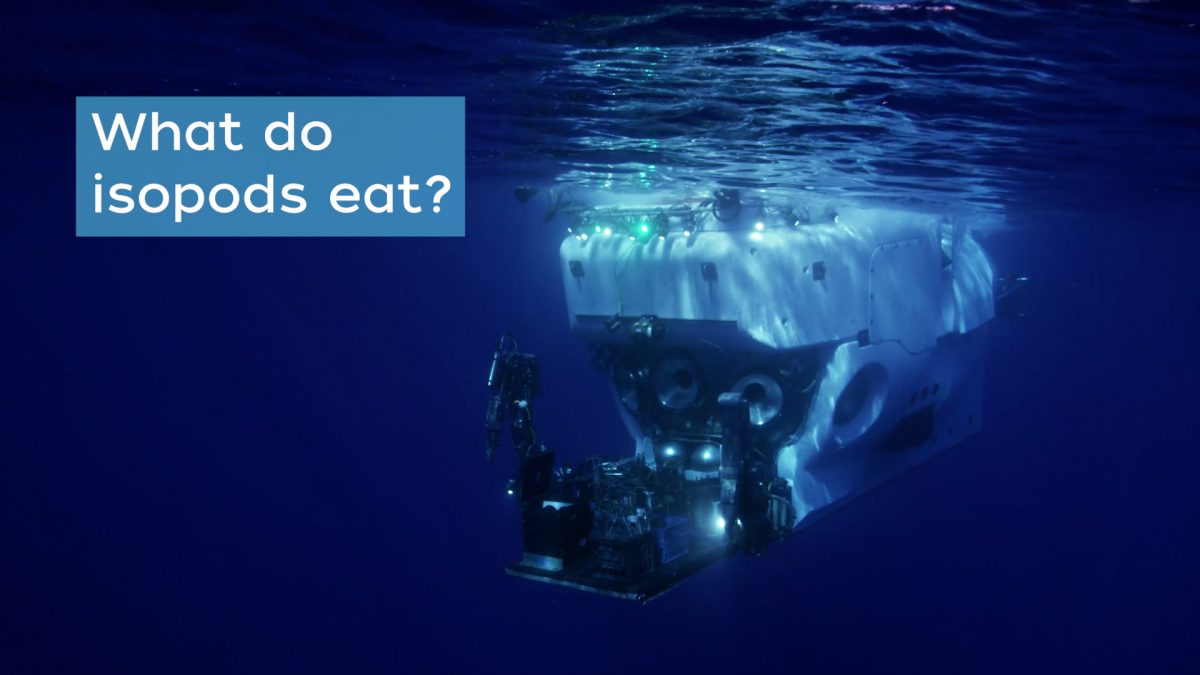
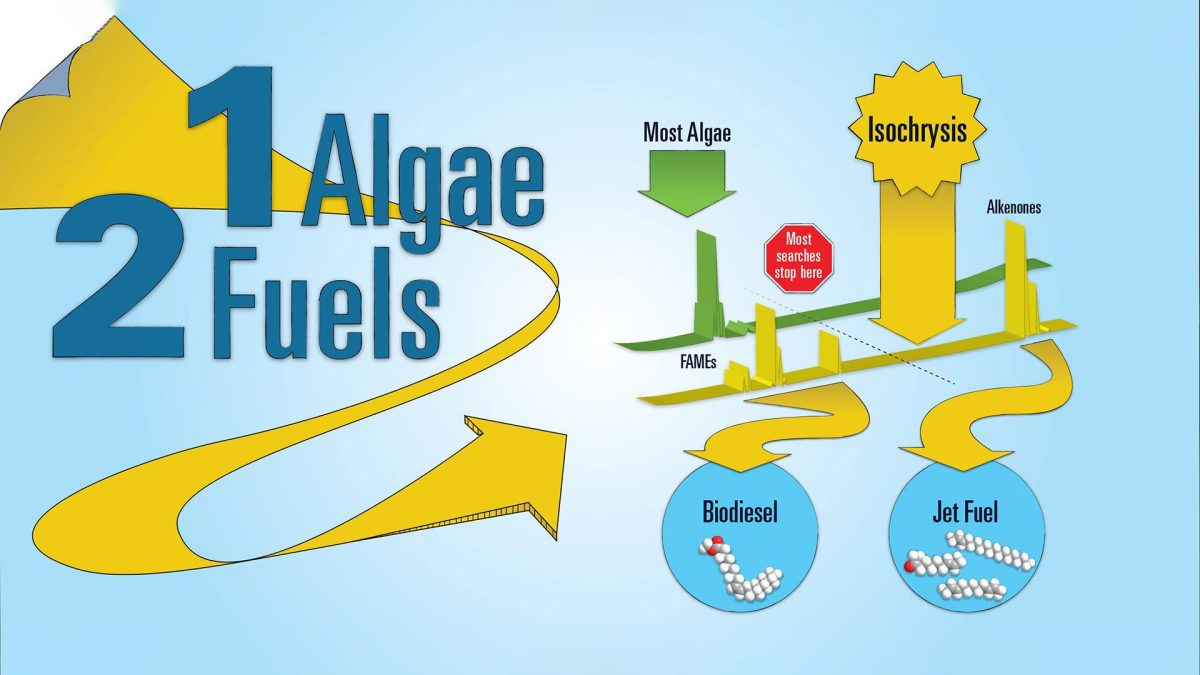

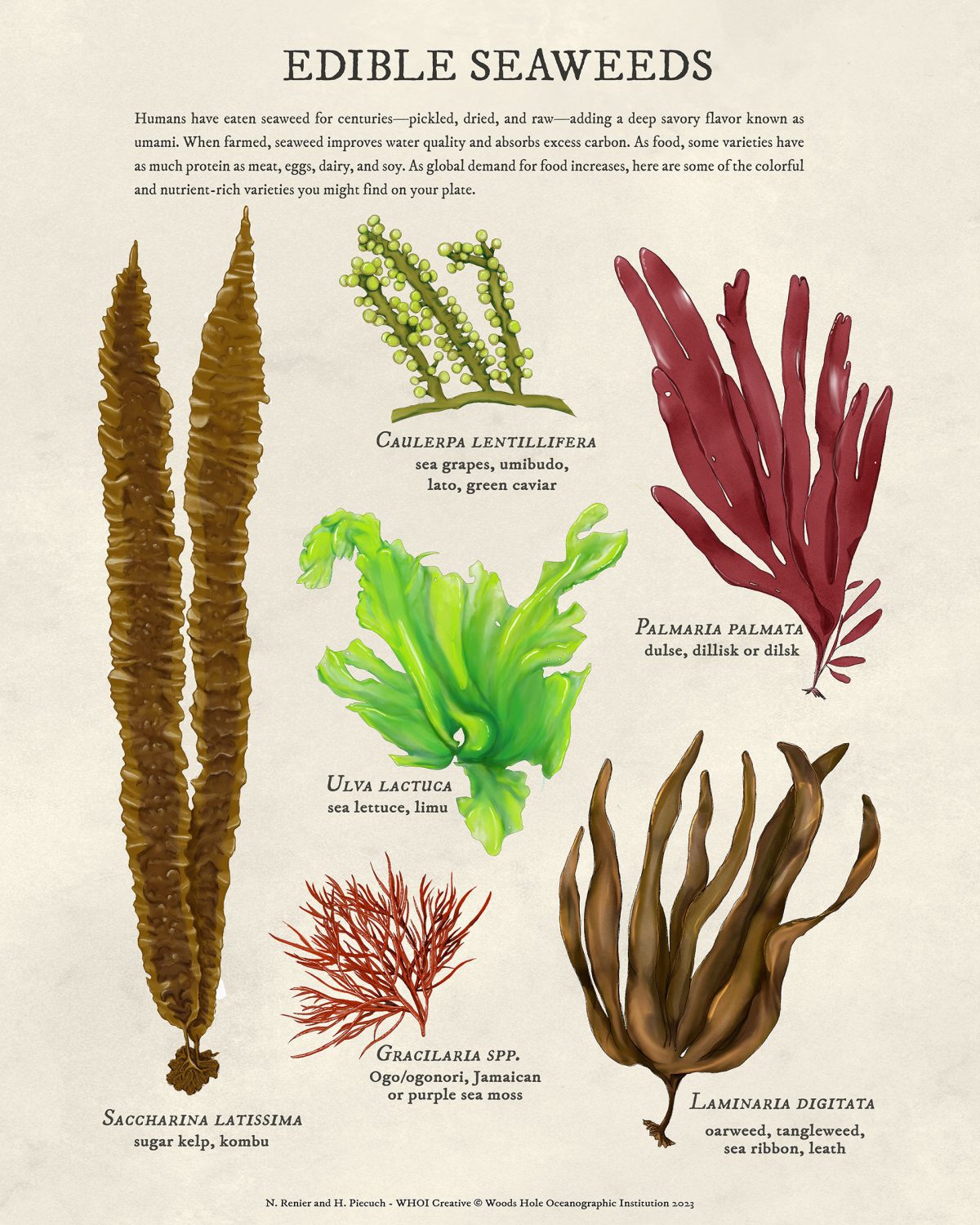
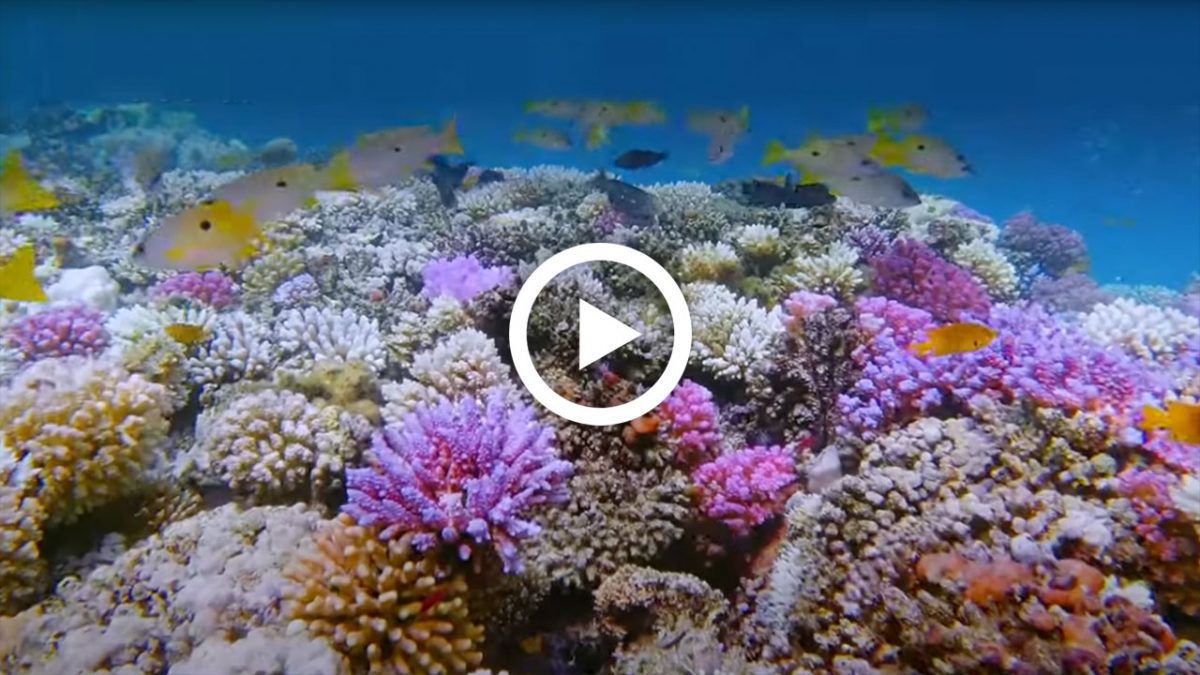
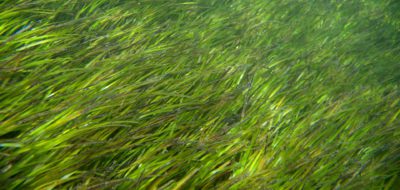
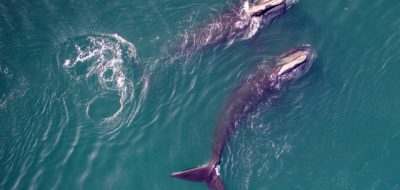
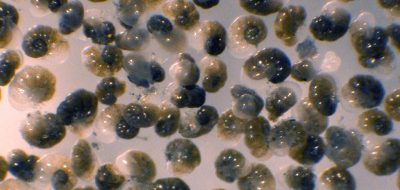
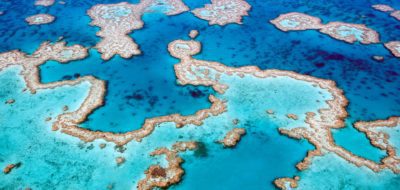
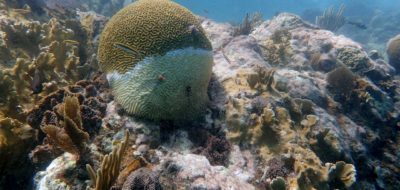
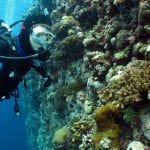 Corals
Corals 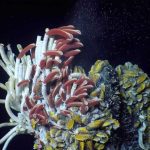 Ecosystems
Ecosystems 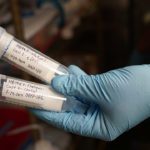 Environmental DNA (eDNA)
Environmental DNA (eDNA)  Jellyfish & Other Zooplankton
Jellyfish & Other Zooplankton 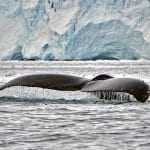 Marine Mammals
Marine Mammals  Marine Microbes
Marine Microbes 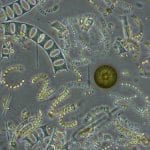 Ocean Plants
Ocean Plants  Seabirds
Seabirds 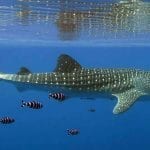 Sharks & Other Fish
Sharks & Other Fish 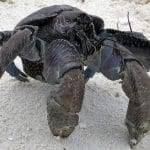 Shellfish
Shellfish